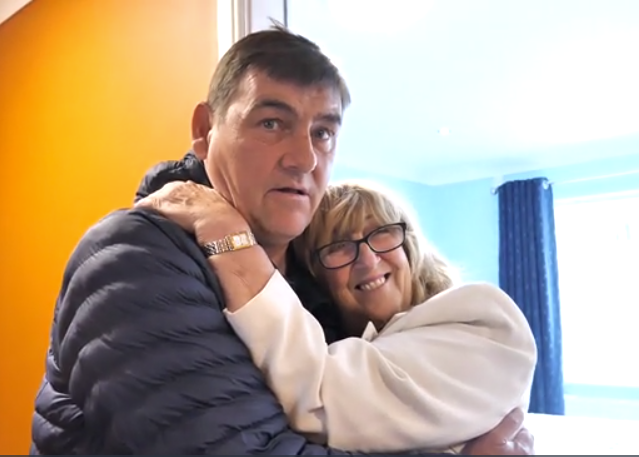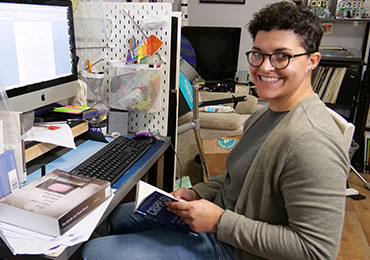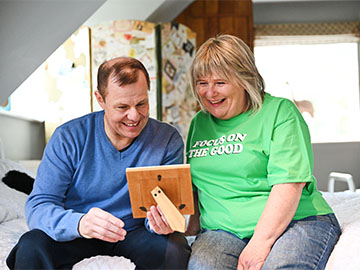What is slow stream rehabilitation
Slow stream rehabilitation is a therapy support pathway commonly used in treating complex neurological conditions, like brain injuries. This technique focuses on your long-term goals and helps you relearn lost skills and live more independently. Slow stream rehabilitation can last 6 – 12 months, or longer, depending on your needs.
The slow stream technique offers a rehabilitation pathway outside of a clinical setting, with a strong focus on redeveloping cognitions and re-building daily living skills through therapeutic support. A wide range of therapies are used to enhance your development – from physiotherapy and psychotherapy to specialist therapies like music and art therapy, the slow stream approach considers your physical, emotional, and social needs, and how they might affect your recovery.
At Voyage Care, we use this technique to equip you with the daily living skills you need to live more independently. We empower you to set and achieve your own goals and work with accredited professionals to help you achieve your aspirations. We also look at your social circumstances and emotional needs and offer support in these areas to help you successfully integrate back into the community and live the life you choose.

The social care model
The social care model is usually introduced when you’ve been discharged from hospital and is one of many ways of supporting your disabilities, following a brain injury. This model focuses on how visible and non-visible disabilities are perceived and encourages communities to actively support and integrate them.
At Voyage Care, we use the social care model alongside slow stream rehabilitation, working with multi-disciplinary teams of professionals to support you in community settings. Like slow stream rehabilitation, the social care model aims to integrate you back into society by ensuring your environment suits your additional needs. We work with professionals including Occupational Therapists to ensure you have adequate support in your social setting and can successfully integrate back into the community.
Find out more
If you’d like to learn more about how our specialist brain injury rehabilitation services can support you or a loved one, fill in our quick and easy enquiry form and a member of our team will be in touch!

 More success stories
More success stories 




